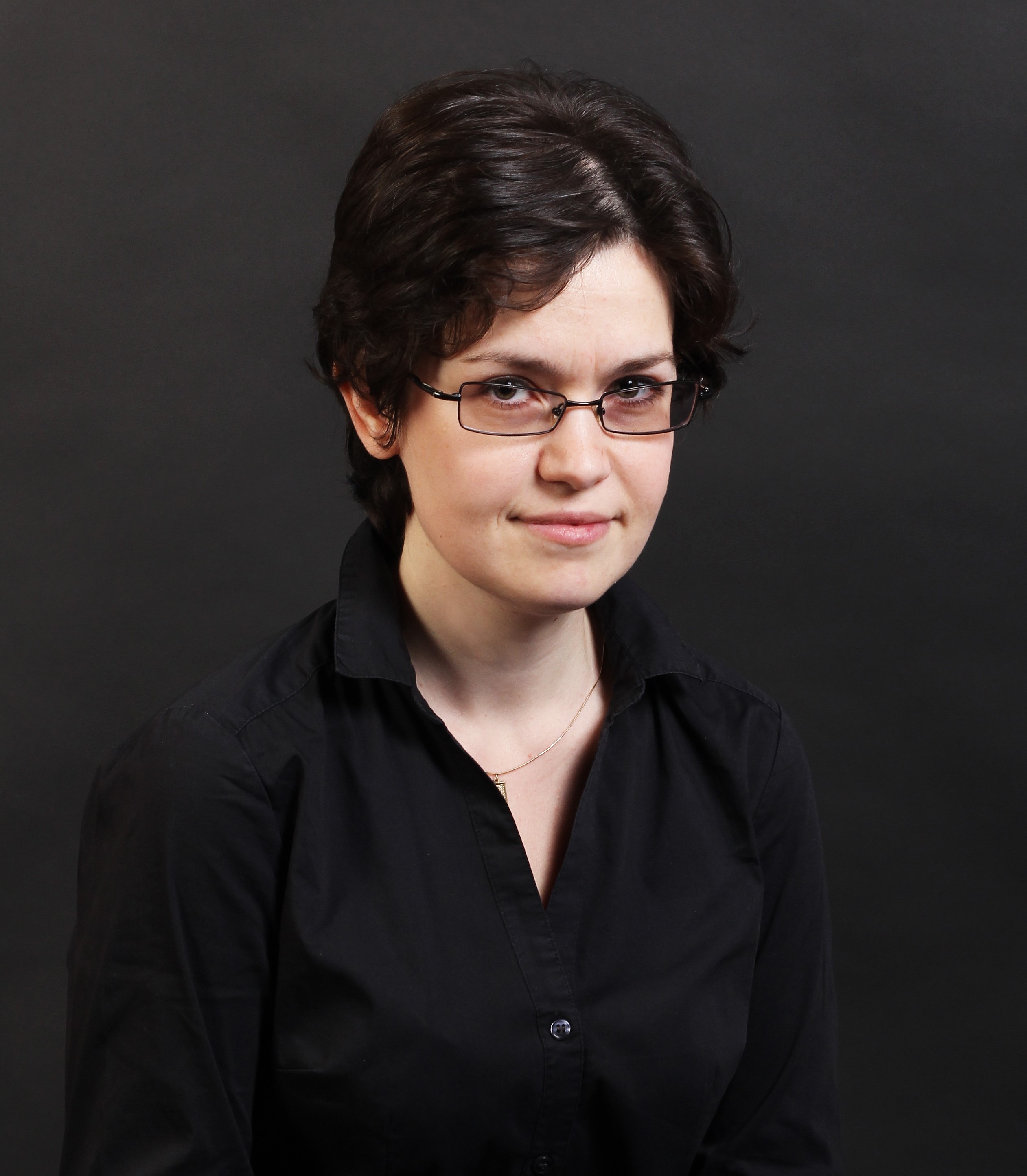INTRODUCTION
-
ABSTRACT
Събраните в настоящия брой текстове са резултат от малък научен форум, проведен през юни 2022 година под наслов „Литературни метаморфози – между живота и текста“. Обединихме се около идеята, че литературата има отношение към това, което обичайно се нарича реалност, т. е. че тя (въз) действа извън собствено литературното поле и флуидните граници на художествената условност. Към първоначалното ядро от текстове се присъединиха по-късно други, които си позволяваме да привлечем под тази обща рамка, тъй като намираме, че те също споделят схващането за активната, перформативна роля на литературата в света. Без да пренебрегваме идеята за автономия на литературната творба, изследваме напрегнатите граници на литературното; местата, където литературата и науката за нея се разтварят към други области, полета, сфери на човешка (а може би и нечовешка) активност. Интерференциите на литературата с нейния друг или множество други, са червената нишка, която свързва иначе толкова разнообразните и различни изследователски подходи. Понякога по-директно, друг път по-завоалирано, те разкриват симптомите, точките на напрежение, конфликтите, но и седиментациите в отношението творба – реалност. Ако бъдат четени заедно, тези, на пръв поглед безкрайно различни, текстове сгъстяват, фор- мират и позволяват да кристализират логически мостове, алтернативни преходи в мисловните конструкти, които наричаме „съвременност“, „форми на живот“, „култура“, „памет“, „любов“, „безкрайност“, „въображение“.
SUBJECT


